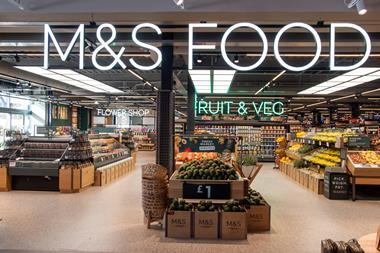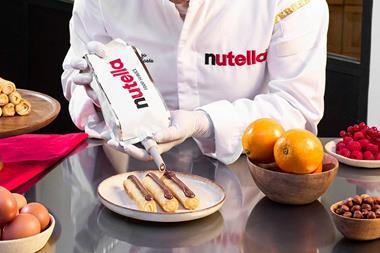
The world’s largest brewer AB InBev was up this week on hopes it might be emerging from a torrid time in North America, after posting better-than-expected first quarter sales numbers.
The Budweiser brewer this week revealed top-line growth of 2.6% in the first three months of 2024, with revenue growth in approximately 75% of its markets.
Headline growth was driven by revenue per hectolitre growth of 3.3% from ongoing premiumisation and revenue management initiatives.
Volumes declined by 0.6%, as growth in its Middle Americas, South America, Africa and Europe regions was offset by performance in APAC and North America.
The group’s own beer volumes were down by 1.3% and non-beer volumes were up by 3.5%. However, its core beer ‘megabrands’ were up 6.7% across all markets, led by Corona, which grew by 15.5% outside of its home market.
Its performance in North America continues to be hampered by a consumer boycott stemming from controversy over its Bud Light marketing campaign – and sales in the region fell by 11.1% in the quarter.
In contrast, sales in EMEA were up 5.4%, Asia Pacific up 4.8% and Central America up 4.2%.
Overall growth was marginally ahead of analyst expectations, leading to hopes of a better 2024 for the brewer.
“Following a period of extreme volatility due to Covid, severe commodity inflation, adverse FX movements and Bud Light disruption, the clouds are lifting and the business is poised for recovery,” argued broker Jefferies.
The brewer made progress on its bottom line too, with first quarter EBITDA up 5.4% due to EBITDA margin expansion of 90bps on tight overhead management.
Hargreaves Lansdown analyst Aarin Chiekrie said: “There could be reasons for investors to become slightly more positive on the outlook. The Bud Light boycott is unlikely to get any worse and it’s now been over a year since it began.
“Input cost inflation is also easing. That’s already boosting profitability and should continue to do so as long as the group can keep pushing modest price increases onto customers.”
AB InBev shares rose 4% on the news to €58.78. That’s close to their highest levels of 2024, having recovered from dipping below €50 in October.



















No comments yet